Numbers are the language of business.
There’s no greater sin than not knowing the key metrics that drive growth for your business.
Customer acquisition cost, ROI, and customer lifetime value are a few critical numbers that come to mind.
If you ask anyone who has ever successfully scaled a startup, they’ll tell you the same thing.
Any entrepreneur who’s worth their stuff needs to have a solid grasp of the numbers that are central to their businesses.
These metrics tell you what you need to know to become cash flow positive.
And as you know, cash is oxygen to a startup.
Yet 29% of businesses go broke before they’re fully established.
But there’s something more important that you should be aware of.
These numbers don’t give you a complete picture.
It doesn’t matter how accurate your analytics are. You will never get a holistic view of your business from numbers alone.
That’s the bottom line.
How do I know?
Business is about people, and people are markedly complex.
It’s why I get a bit weary when entrepreneurs don’t place as much emphasis on qualitative research as they do the numbers.
60% of users are open to survey requests, and only 15% are currently receiving those requests.
How then can you know why the numbers are the way they are?
Why did they go up? Why did they go down? Why are they stagnant?
The answers to these crucial questions lie with your end users.
That’s why user surveys provide a powerful opportunity.
Let’s briefly define what a user survey is.
It’s a means to collect information about your users.
You do this by going directly to the source.
Ask users about their interests, experience with a particular product, preferences, and so on.
GoDaddy prompts users to take a survey immediately after a purchase.
If done right, the intel that you collect can be absolute gold.
You can use the data to increase engagement, provide better solutions for your users, boost conversions, and much more.
In this article, I’ll cover 10 reasons why user surveys can make or break your startup.
Ready? Let’s get started.
1. User surveys allow you to take control of the user experience (UX)
It goes without saying, but I’ll say it anyway.
User experience is everything.
Neglect it and every aspect of your business will be hurt.
Your SEO will suffer.
Your conversion rates will go down.
And that’s just the surface.
Don’t believe me?
Take a look at these UX statistics:
What is user experience, anyway?
Here’s how Nielsen Norman Group defines it: “User experience encompasses all aspects of the end user’s interaction with the company, its services, and its products.”
You may have heard of the terms “usability” and “user interface.”
Both of these have a part to play in the UX.
All your user interfaces should be easy, efficient, and satisfying for the end user to navigate.
The most effective way to ensure that happens is to survey users to find out how they interact with your website, products, software, services, and so on.
Let’s say you want to optimize user experience on your website.
Ask people what gets them excited about your site as well as what ticks them off.
It’s as simple as this:
Use that feedback to tweak your user interface to improve the experience.
Can’t you improve UX without user surveys?
Sure, you can split test different elements, analyze user behavior on your website, and make some changes.
But guess what?
It’s going to cost you time and money.
For startups, you already know that time and money are among your most valuable assets.
So why not just ask users what they want?
Combine the analytics you track with feedback from surveys, and you’ll be equipped to provide the best experience for your audience.
2. User surveys can tell you a customer’s first point of interaction with your business
Why does this matter?
It’s important that startups map the channels where their ideal customers can be found.
This way, you can project what share of each channel you can capture to achieve your growth objectives.
With specific numbers in mind, you can reverse engineer a plan to grow at a rapid rate.
Can’t you look at direct traffic to your site?
You can, but that traffic does not tell you where website visitors first found your business.
A customer can hear about your business via word of mouth.
Considering that word-of-mouth recommendations lead to 20 to 50% of all purchase decisions, that’s not so farfetched.
They can then plug in your website URL directly into their search bar and purchase your product.
Alternatively, they may go to your social media profiles first and then go to your website.
That website visit will register as a referral from your social channels.
Do you see how that can be troublesome?
And these are just a few paths that customers can take.
The danger here is that you can end up overvaluing your direct or social channels and make critical business decisions based on that.
The simple solution is to survey users and ask them where they first found your business.
This way, you can have a more accurate picture of the profitability of each channel.
3. User surveys can help you validate a product or business idea
I’ve said this before, but I’ll repeat it.
The ultimate validation for a product or business is a sale.
If you can get someone to pay you real money, you’re well on your way.
But as you know, one customer does not make a business.
If you want to achieve massive scale and ramp up your revenue, you need to make sure there’s a market to tap into.
Out of all the reasons that startups fail, no market need is at the top of the list.
An excellent way to gauge market need is to get feedback from your prospects and your customers.
This isn’t a new idea.
Years ago, businesses would create a product and release it into the market. That was the ultimate test.
Now, it happens the other way around.
You validate your idea first.
You get customers involved in the product-development process.
This way, if your idea misses the mark, you can quickly adjust to meet the demands of your market.
Best of all, you’re not just leaving the success of your startup up to the whims of the market.
You already know that it will perform because your ideal customers were involved in shaping your offer.
If you want your startup to make it, you need to survey the end user.
Does your product or service fulfill a need?
Does it add something of value to people’s lives?
4. User surveys can transform your conversion funnels
Do you want cheaper and more frequent conversions?
I bet you do.
User surveys are one of the best ways to achieve that.
I’ll tell you why.
If you can find out why users convert and why others don’t, you can optimize your conversion funnels.
Create a survey that asks your current customers what led them to that final purchase decision.
It could be any number of factors.
Is your product cheaper than other options out there? Is it faster and easier to use?
Sometimes it can be something as subjective as your brand story and what you stand for.
Pay attention to what users say.
This will help you determine your differentiating factor. After all, they chose you over a competitor.
The next thing you want to do is survey users who did not convert.
How do you pinpoint them?
If you’ve segmented your users based on their position in the customer journey, this is easy.
If you haven’t, there are a few indicators.
Just look at user behavior that indicates purchase intent.
Did they abandon their shopping carts? Did they spend time reading your sales pages?
If they did all this and did not convert, these are the users you need to target.
It will help you eliminate any problem areas in your sales funnel so your conversion rates can improve.
5. User surveys minimize churn and improve customer retention
How many times have you heard this?
It’s easier and cheaper to keep existing customers than to acquire new ones.
Startups make this mistake all too often.
They’re so fixated on growth that customer acquisition becomes their primary focus.
While it is a valid objective to increase your customer base, it is critical that you keep your existing customers happy.
With user surveys, this has never been easier. Just ask customers what they want.
What are they happy or dissatisfied with?
If you can keep your customers delighted with your business, they’ll stay with you longer, and they’ll keep converting on more of your offers.
The benefits are threefold:
- You minimize churn and improve customer retention.
- You improve customer satisfaction and loyalty.
- You increase your customer lifetime value.
Communicate with you customers.
Here are some tools available to you.
- Email campaigns
- Forms hosted on your website or third-party survey tools
- Phone calls
- Messenger bots
- Social media polls
- Review and rating systems
Based on this feedback, you can tailor the customer experience for the better.
I promise you that a loyal customer is a formidable asset. They’ll refer others to your business and become a brand advocate at no cost to you.
Alternatively, if customers sense that you don’t have their needs and interests in mind, they won’t hesitate to find a competing solution.
Want to know the true cost of poor customer service?
A whopping 86% of consumers stop doing business with a company if they have a bad experience.
6. User surveys allow you to make better business decisions
Would you rather make business decisions on a hunch or on actionable intel from users?
In a space like entrepreneurship where the wrong move can cost you everything, it’s a no-brainer.
Yes, survey responses are qualitative. Yes, qualitative data is mostly subjective.
But so are the people who you’re trying to serve.
They’re the ones that matter.
As such, their feedback is solid ground for making smart business decisions.
I see this both with my clients and colleagues. They get caught up in the romanticism of making “gut decisions.”
I do not deny the power of instinct, but that sixth sense is sharpened when you have access to accurate data.
Base your decisions on customer feedback. They are the engine of your business.
7. User surveys allow you to determine how you fare against your competitors
Business is not short on competition.
We live in an era where many businesses are based online.
They’re not housed by brick and mortar. They don’t depend on location.
This means that you can have a hungry entrepreneur from across the globe vying for your share of the market.
They won’t hesitate to compete with you on price and other factors. That’s the nature of the game.
It is your job to analyze the competition and find out where you stand against them.
What are your strengths and weak spots? Can you realistically compete and win?
If you can’t, what can you do to differentiate yourself so the competition becomes irrelevant?
Ask your customers!
No doubt, before they even converted on your offers, they compared the solutions that were out there.
Find out why they chose you over competitors. Determine what edge they think these competitors have over you and vice versa.
I’ll be honest. You won’t get a super technical analysis from users.
That’s why customer surveys should not be your only means of competitor analysis.
However, it’s a great place to start.
It can give you ideas on how to position your business regarding messaging.
It can also give you ideas on how to pivot your brand when you can’t compete on price and features.
8. User surveys help you identify customer advocates
We’ve already seen how surveys can help retain customers and improve loyalty.
But you can also use the feedback to pinpoint the customers who feel strongly about your business.
They’re the ones who will fill out every form field.
They’ll give longer and more detailed responses. They’ll put in the time and effort to give you quality feedback.
Here’s the shocker though: It may not all be positive.
Does that mean they’re not fit to be customer advocates? Of course not!
Constructive feedback is a good thing.
I think the quality of the response is far more telling than whether the feedback is positive or negative.
Once you’ve decided on your customer advocates, don’t be shy about asking them to help promote your business.
Most won’t hesitate.
9. User surveys give you the leverage to become an authority and thought leader in your space
When you conduct user surveys, you immediately set yourself apart from thousands of businesses.
Most don’t take the time to get to know their users. Here’s why that gives you leverage.
User surveys give you access to valuable data.
If you use it to your benefit, it’s going to give you massive influence with others in your industry. People love data.
You can create and distribute infographics, data-driven posts, case studies, and more.
Brand your content and promote it extensively. The awareness that it’s going to bring your startup is critical.
It’s also going to solidify your business as an authority. Authority leads to influence, and influence can translate into sales.
That’s what startups need to thrive, isn’t it?
10. User surveys allow you to stack your wins so your startup has a fighting chance
As this point, you’re well aware of all the benefits that user surveys can contribute to a startup.
If you use surveys to power all the pillars of your business, you’re going to experience win after win.
- Product validation
- Better user experience
- Customer retention and advocacy
- More robust conversion funnels
- Authority and influence
Now, these advantages don’t guarantee that your startup will succeed.
It is insanely difficult to start a business and survive even a few years.
Take a look at the success rate for startup entrepreneurs:
The encouraging news is that 20% of people with failed startups succeed on their second try.
User surveys will give you a solid footing so you can compete and have a realistic chance of scaling your business.
There’s not a more cost-efficient or simpler way to achieve the same result.
Conclusion
When you have feedback from the people who matter most, your startup will be well-equipped to thrive.
User surveys are unmatched in the benefits that they provide versus the cost of implementing them.
Be mindful that this is not just a matter of you throwing a few questions together.
You want to collect detailed and meaningful data.
The way to do that is to set survey objectives and goals.
What would you like to achieve? How do you plan to use the insights that you gain? What decisions are you capable of making based on these insights?
This will help you collect actionable and usable information. Otherwise, you’re wasting your time.
Surveys should also be a continuous practice.
Keep the lines of communication open with your customers so they can give you valuable information on a frequent basis.
This way, you can keep optimizing your business and continue meeting the demands of your market without fail.
How do you use surveys to power your business?

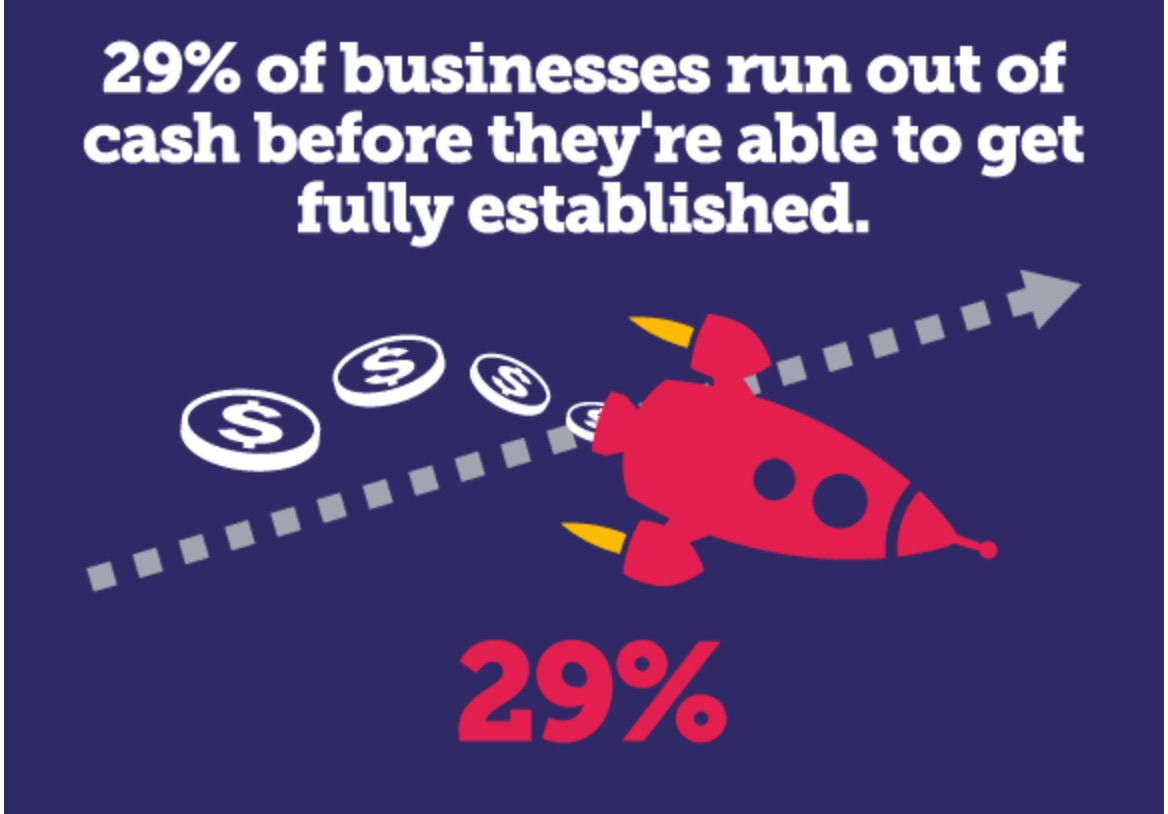
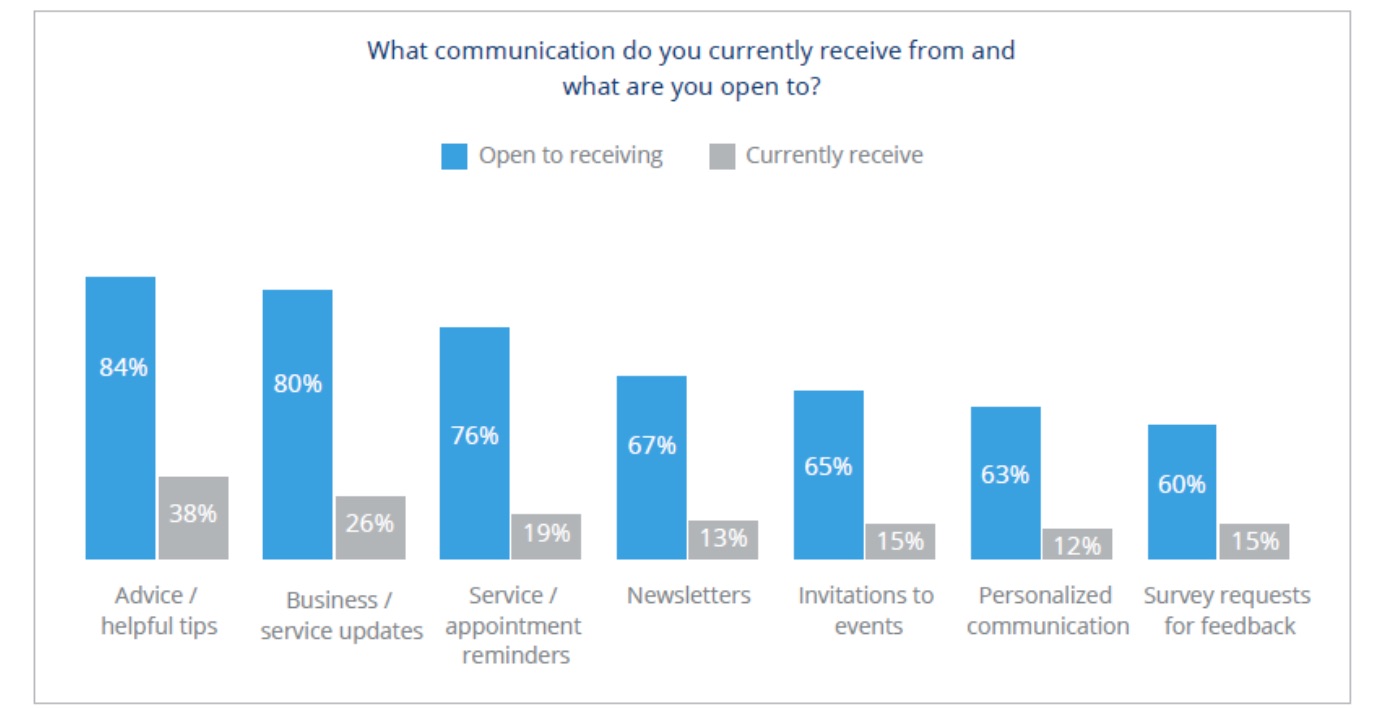
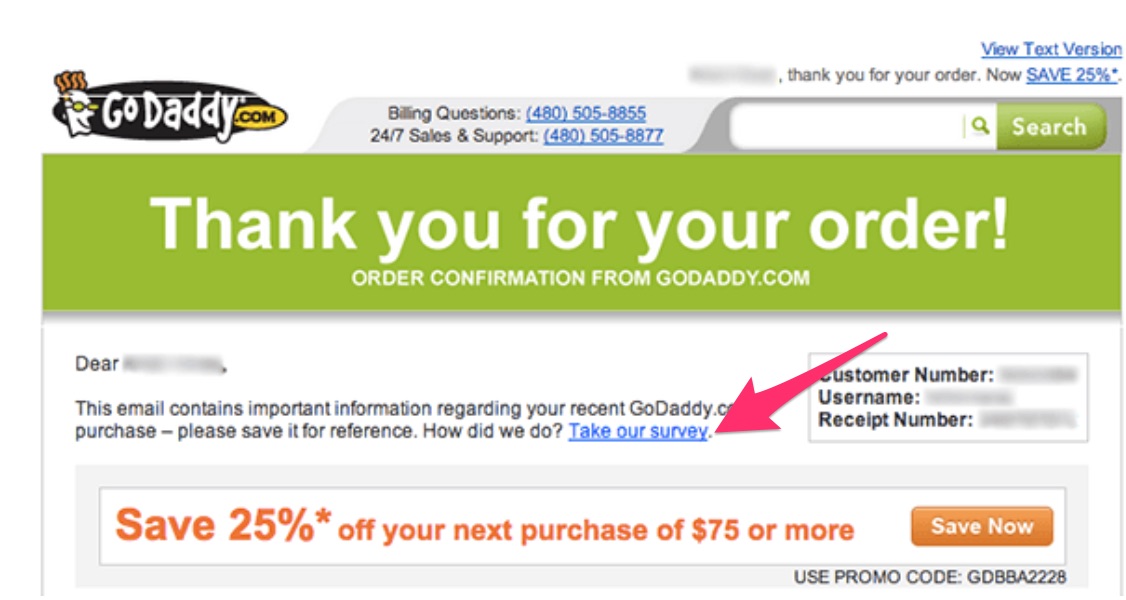
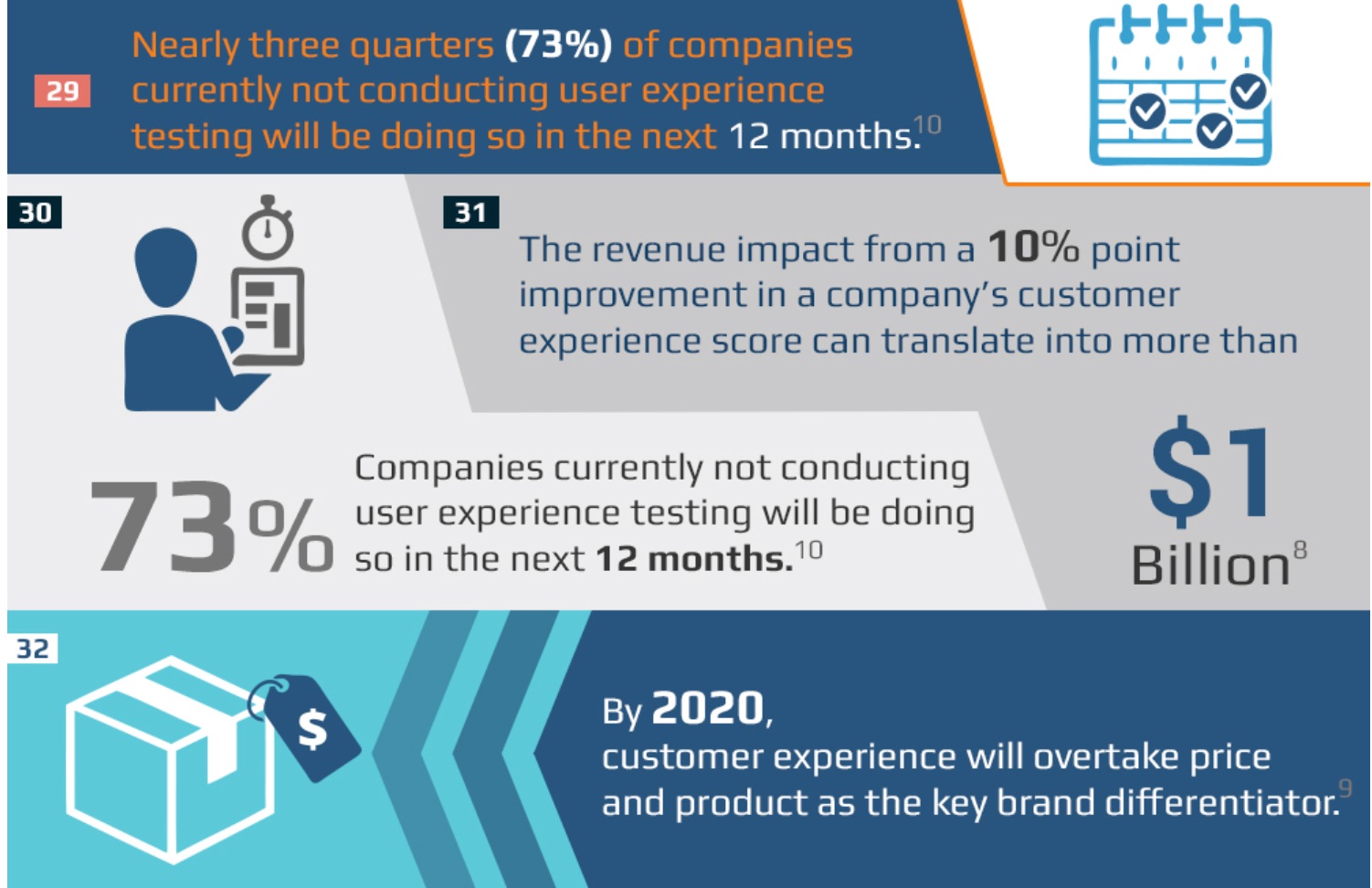
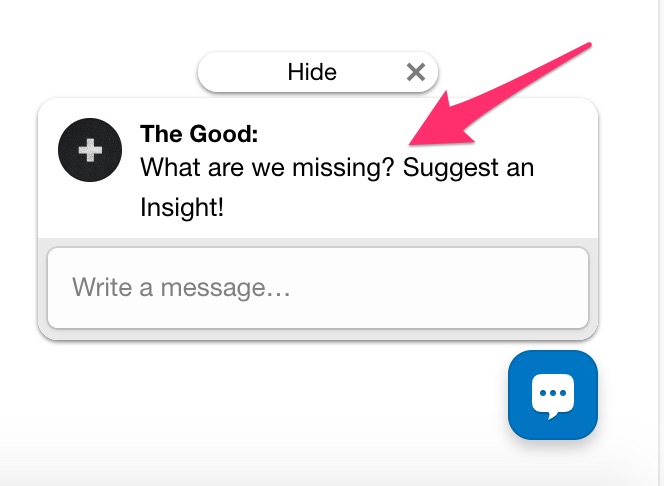
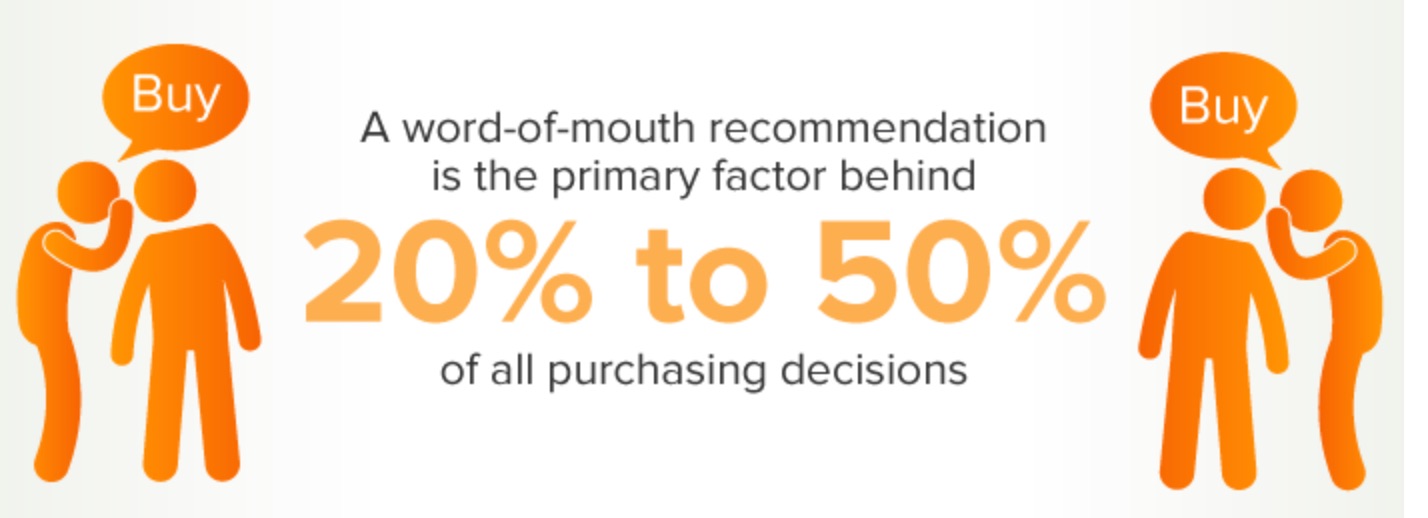
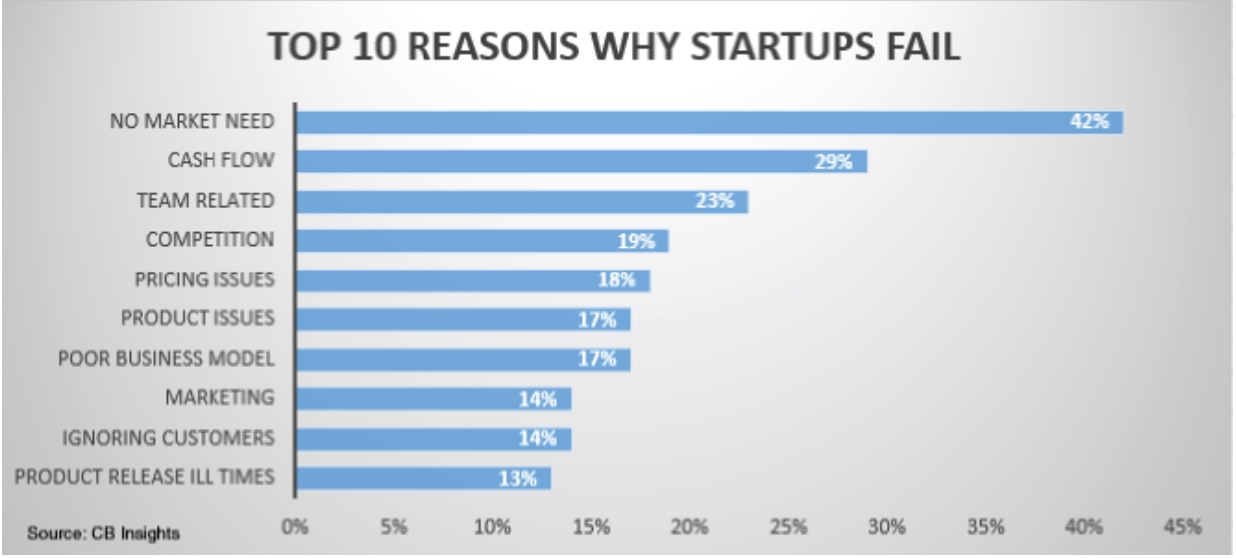
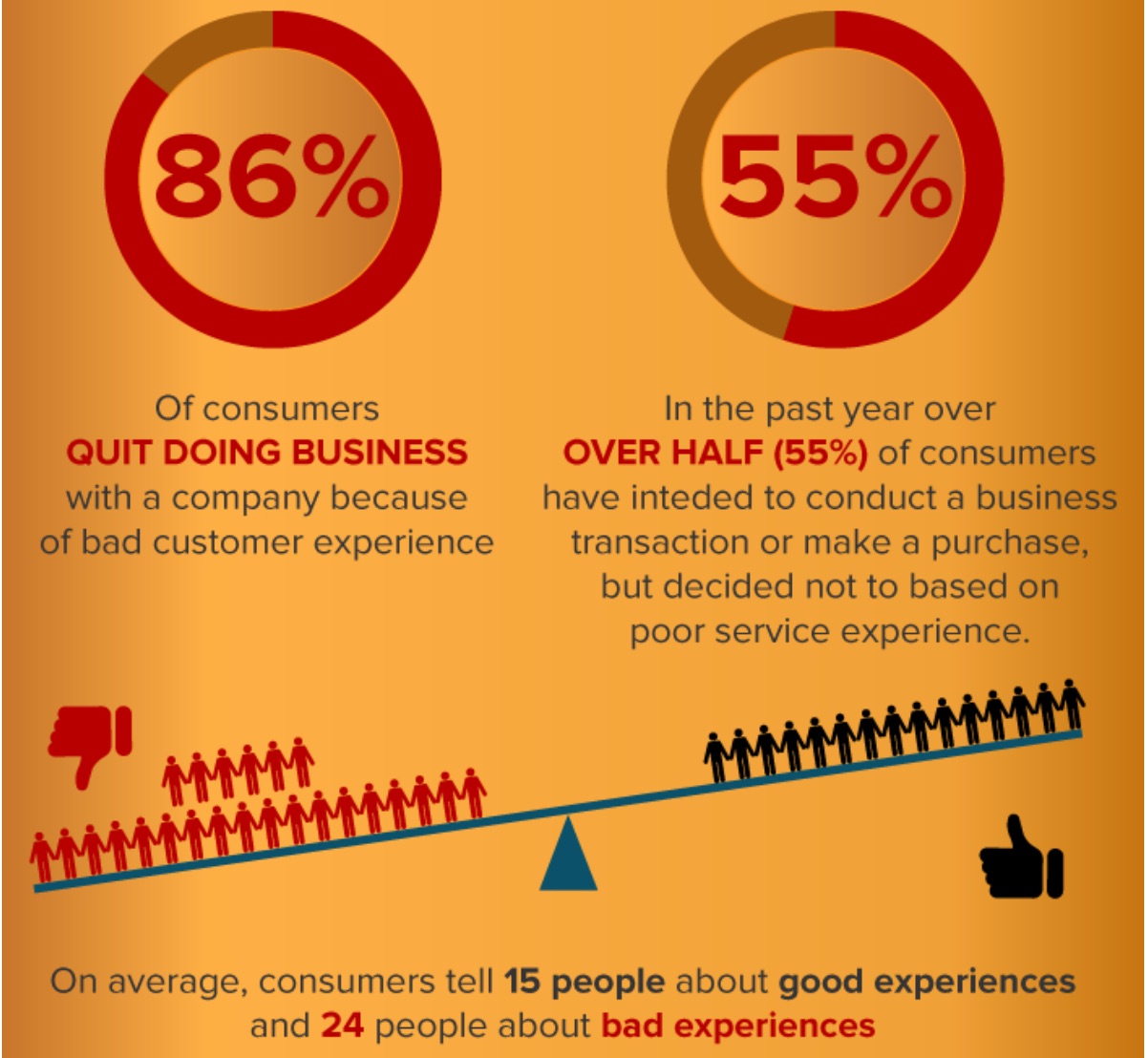
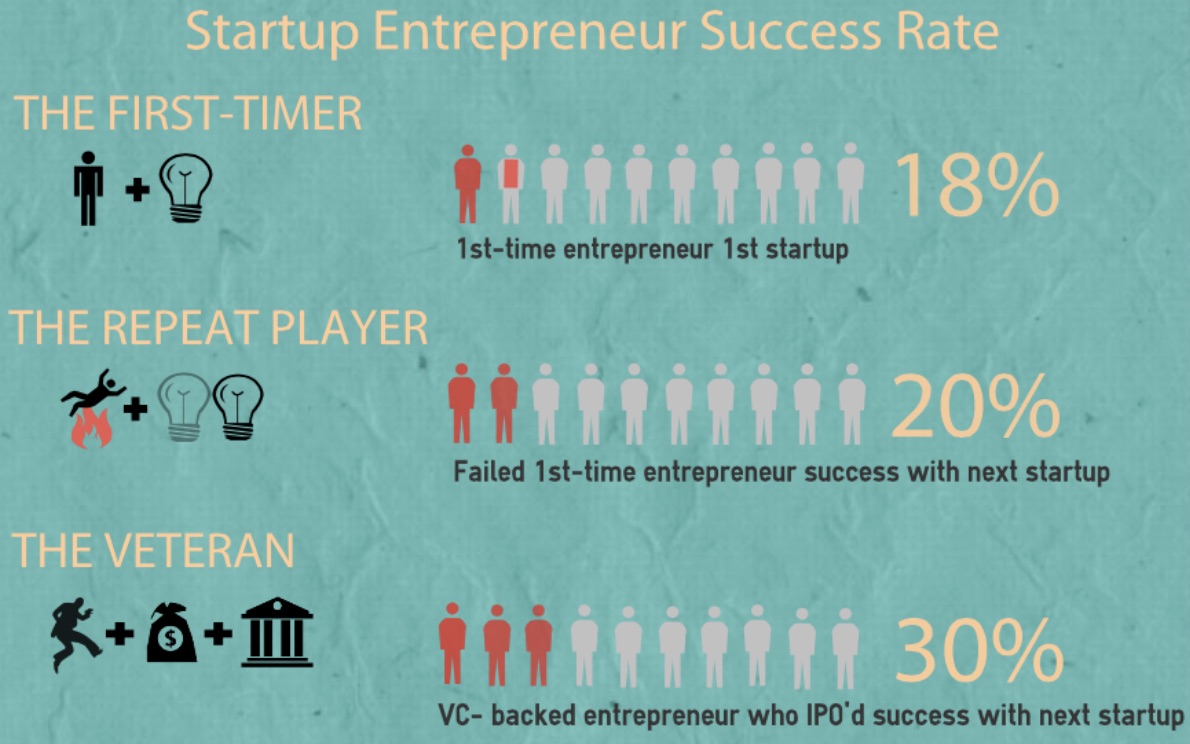
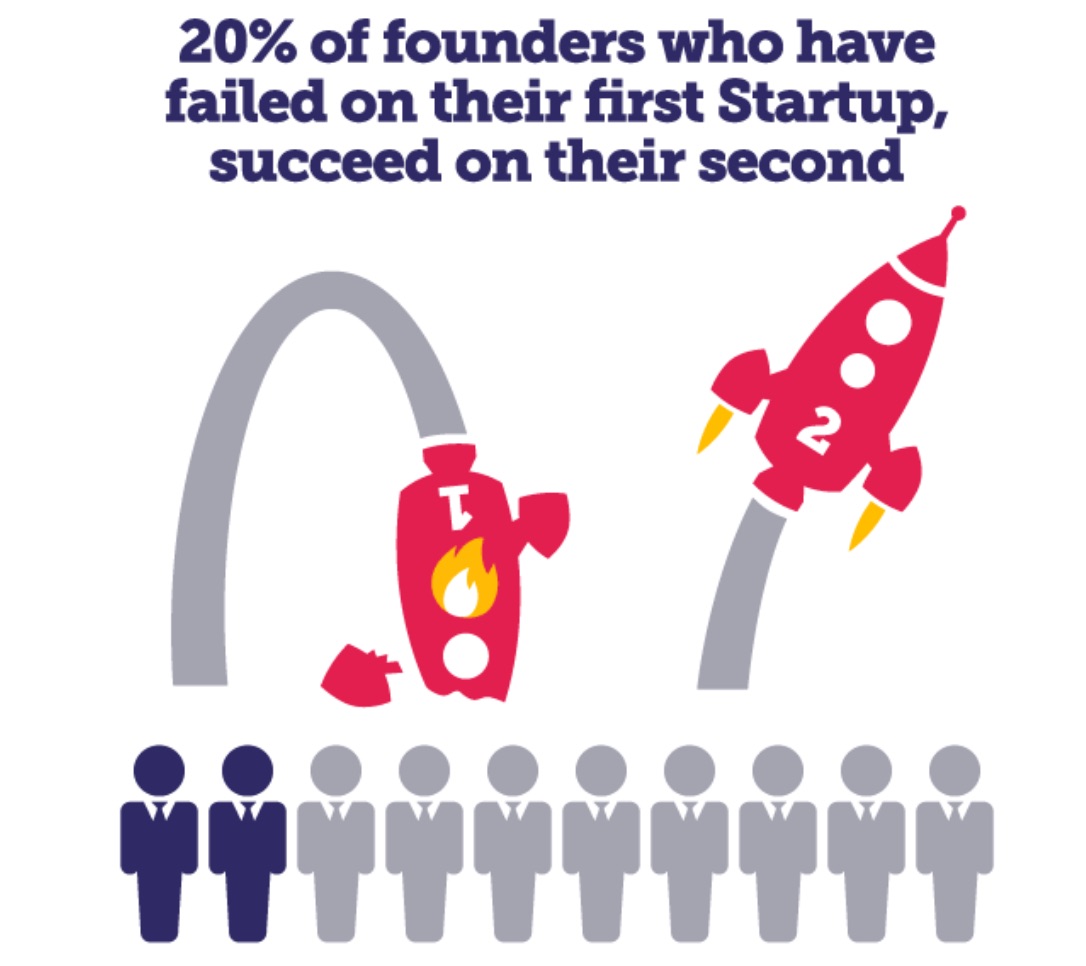
Comments (2)